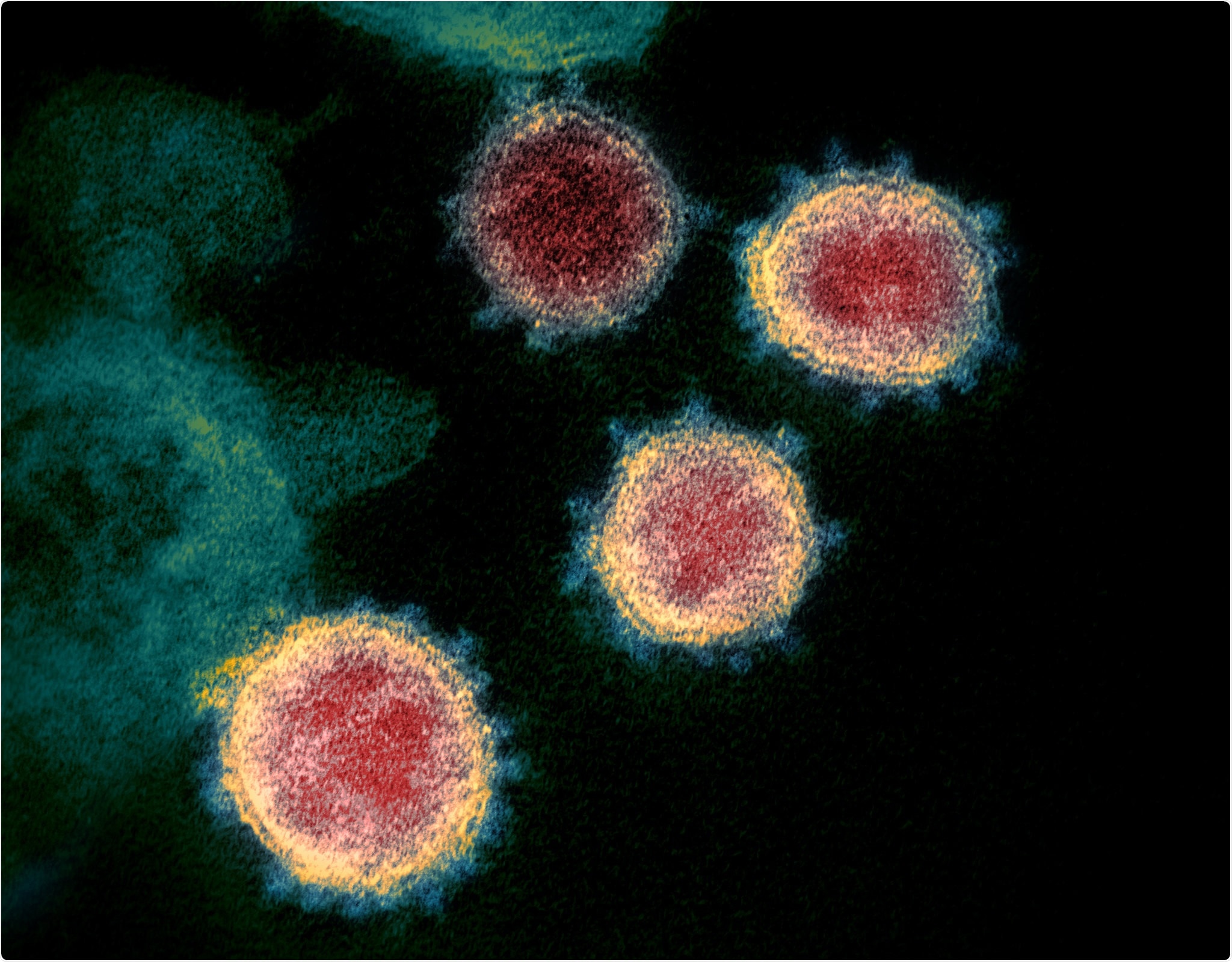
The COVID-19 disease due to infection by the SARS-CoV2 virus has changed the behavior patterns of humanity by becoming a pandemic of international scope. To date, more than 136 million people have suffered from the disease and more than 2.9 million of them have lost their lives. It is important to remember that the symptoms of the infection vary widely in the population, from individuals who do not present any symptoms to those who need admission to intensive care units with emergency assisted ventilation. It is largely unknown what factors are responsible for this range of very different clinical pictures.
Today, an article published in the journal EBioMedicine, by Dr. Manel Esteller, Director of the Carreras Leukaemia Research Institute, ICREA Research Professor and Chairman of Genetics at the University of Barcelona and Dr. Aurora Pujol, also ICREA Professor, geneticist of the Center for Biomedical Network Research on Rare Diseases (CIBERER) and head of the Neurometabolic Diseases Group of the Bellvitge Biomedical Research Institute (IDIBELL), shows that the epigenetic endowment of each person influences the severity of the COVID-19 disease.


“Given the high number of people infected by the virus that have saturated all health systems in the world, it would be nice to have ways to predict in advance whether the virus infection in a given individual will require hospitalization or can simply be controlled on an outpatient basis. It is known that advanced age and the co-existence of other pathologies (cardiovascular, obesity, diabetes, immune defects) are associated with a greater severity of the infection, but what happens to the rest of the population that also reaches the ICU without these factors?” -Dr. Esteller wondered in the article in the EBiomedicine journal and adds – “We decided to study more than 400 people who had tested positive for COVID-19 who did not belong to any of these risk groups and study their genetic material depending on whether they had not had symptoms, or they were very mild, or instead they had been admitted to the hospital requiring respiratory assistance. We found that there were epigenetic variations, the chemical switches that regulate DNA activity, in the individuals positive for the virus who developed a severe COVID-19. These modifications occurred mainly in genes associated with an excessive inflammatory response and in genes that reflect an overall worse state of health. Interestingly, 13% of the world population presents this epigenetic signature (EPICOVID), thus, this is the group at maximum risk that we must take special care of. ” – concludes the researcher.
“These results complement and confirm the implication of the interferon-directed antiviral response and its importance in the evolution of the disease, as we explained in a complete genome sequencing study published in the journal Science last September,” says Dr. Pujol and continues: “With these advanced tools of personalized medicine, both in the field of genomics and epigenomics, it is possible to design predictive models that allow detecting patients at risk of a worse prognosis and therefore improve their treatment and avoid the collapse of the health system.”
The project is part of the “More unstoppable than ever” campaign that the Josep Carreras Foundation launched in April 2020 with the aim of raising funds for lines of research on COVID-19 and immunosuppression. The article published today shows the results of the research carried out during these months of prognostic stratification in COVID-19, with the intention of contributing to improve the clinical management of patients infected with SARS-CoV-2. The results of these investigations will have a favorable impact on the health of the general population, particularly in people affected by leukemias and malignant hematological diseases, especially vulnerable to this disease.

